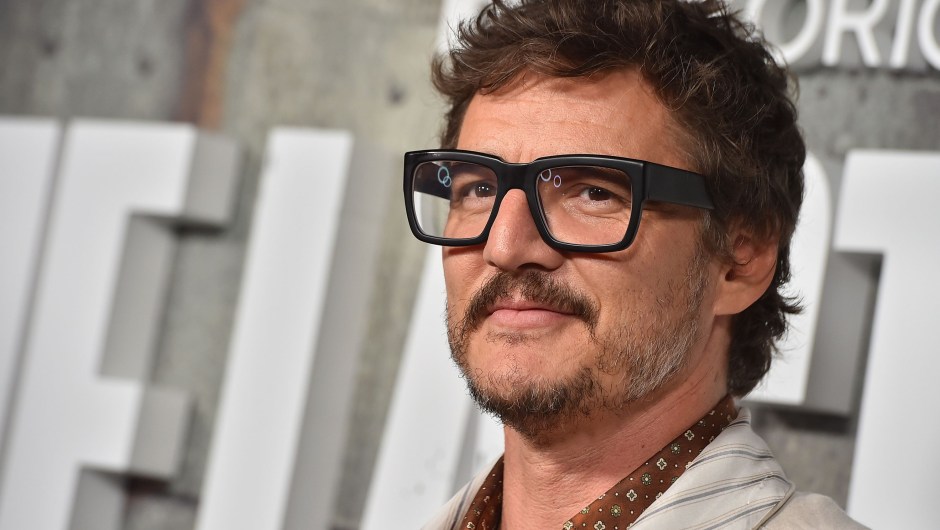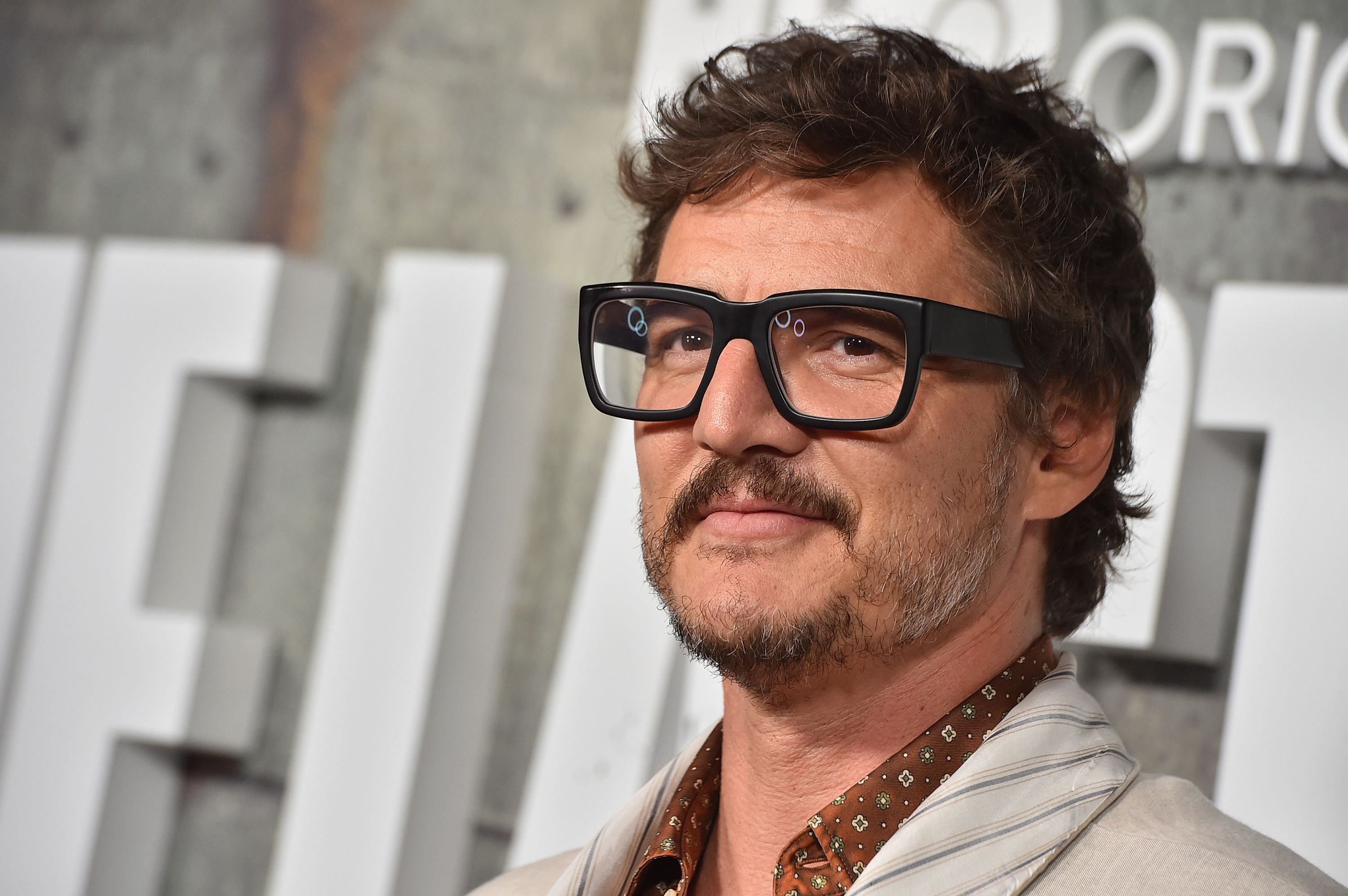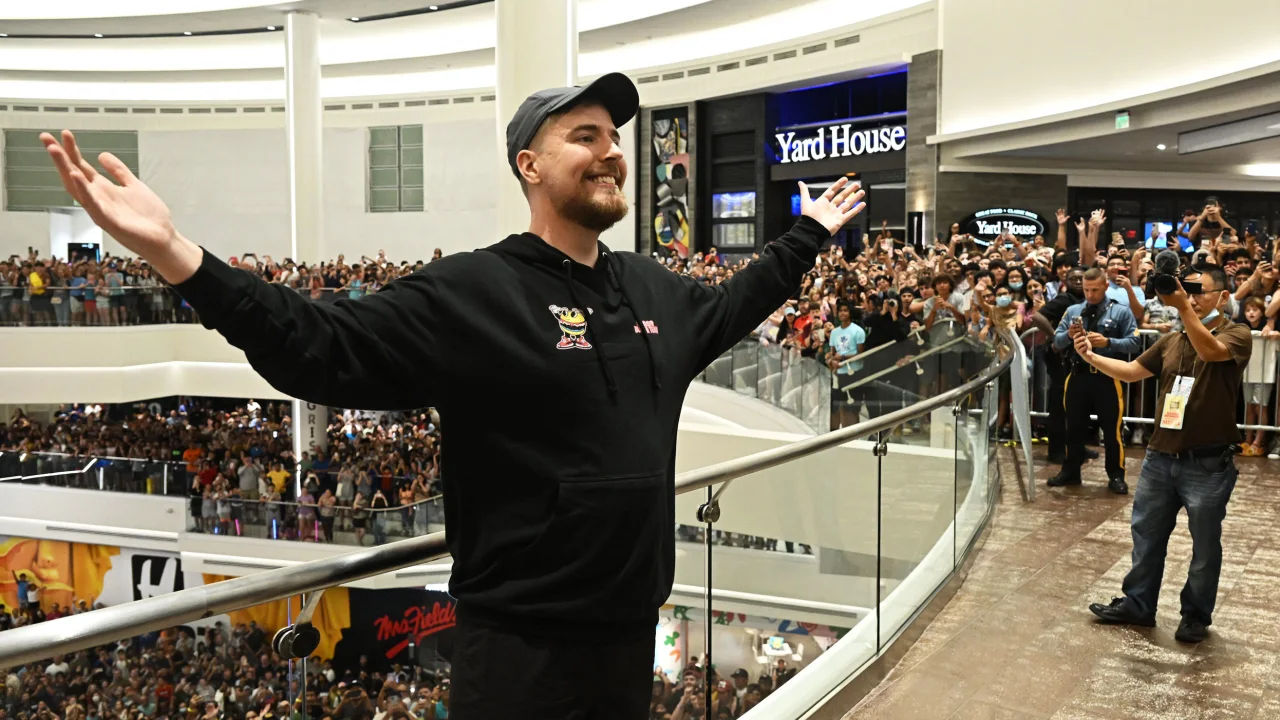
(CNN) — Pedro Pascal is now one of Hollywood’s most famous and beloved figures, but his journey to this point would not have been possible without the harrowing journey his parents undertook from his native Chile.
The “Last of Us” actor took part in the new episode of the “Smartless” podcast, in which he detailed the story of how he and his family became political refugees during the 1970s, after being forced to flee the regime of the then Chilean dictator Augusto Pinochet.
Pascal explained that his parents were “liberal university students” at the time and that, although they were not “revolutionaries by any means”, his mother’s first cousin was “very involved in the movement to oppose the military regime”.
He then explained that a victim of an exchange of gunfire, in which his parents were not involved, was brought home so that his father, who was doing a residency at a local hospital, could help “heal the wound.” Her parents also agreed to “hide” the person “for a while.”
Pascal, who was only four months old at the time, said he was told that the person who brought the injured victim home was later “arrested and tortured, and gave names.”
“They came looking for my parents, and then my parents had to hide for about six months,” she said. He also added that her parents finally found a way to physically scale the wall of the Venezuelan embassy in Santiago and “ask for asylum.”
“And it worked,” he said.
Pascal and his family were granted asylum in Denmark before immigrating to the United States. His parents raised him and his siblings in Texas and southern California.
The “Game of Thrones” actor credits his parents for the success he currently enjoys, a sentiment he touched on in his “Saturday Night Live” monologue in February, when he said they were “very brave.”
“Without them, I wouldn’t be in this wonderful country and I certainly wouldn’t be standing here with all of you tonight.”







